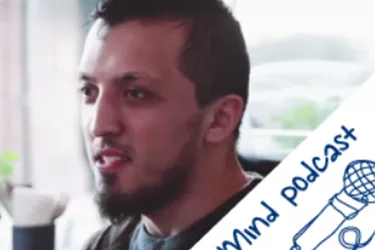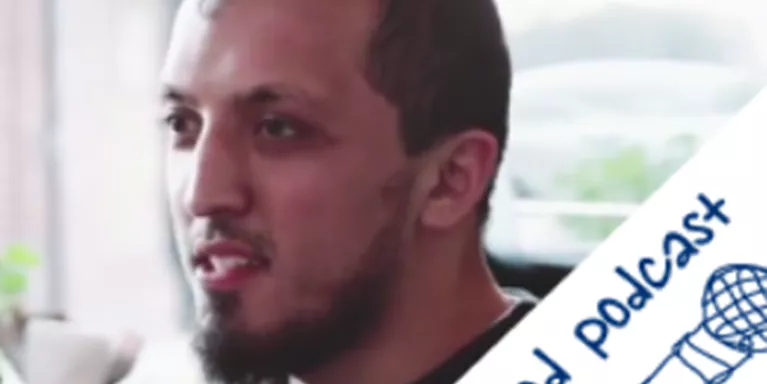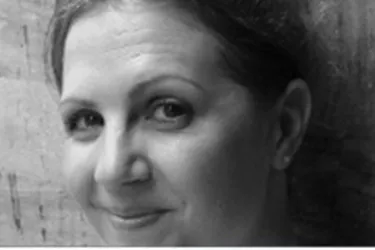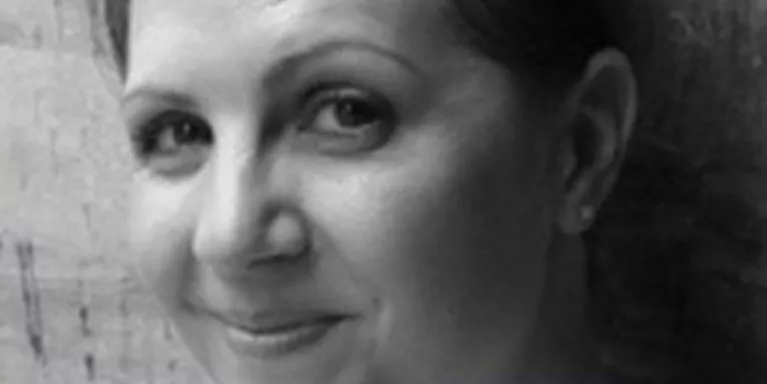Mind podcast - Living with OCD
Fasial talks about how cognitive behavioural therapy helped him deal with the symptoms of OCD.
Subscribe to our podcast on iTunes or Audioboom.
For more info on some of the issues covered in this podcast, click below:
- Information on obsessive compulsive disorder
- Making sense of cognitive behavioural therapy
- Getting unwell while at university
- Antidepressants
Hi, my name’s Faisal. I’m 24 years’ old. I first started to realise that I had OCD around the age of 19, so it was about five years’ ago now.
My first initial experience was quite a daunting one because it just felt like it really from nowhere. It just felt like these thoughts have come all of a sudden and I didn’t know where they had come from.
And the nature of the thoughts and the content of the thoughts are totally the opposite of what I would expect my personality to be.
Because when thoughts are intrusive when they’re negative they can kind of feel like, does this make me a bad person? Does it make me a horrible person? Does the nature of these thoughts make me vile?
When I did feel those thoughts happening they were all kind of feeling like a lonely place. It’s like, I am very isolated.
"I felt like I was on my own, who was going to understand me?"
I couldn’t really ask my family because I didn’t really think they’d understand.
For me I was also at university at the time but I didn’t really talk about my experiences to them. I didn’t tell them that I did have a mental health issues but, on reflection now, I kind of think that that was a mistake because at least they would have been able to give me the correct support I needed in terms of my assignment work and in terms of, maybe, granting an extension just to relieve the stress.
So I kind of felt like the only way to possibly get it looked into was to go and see a GP.
"I went to the GP and I felt, in the initial stages, he didn’t fully understand what I was trying to explain, and I didn’t really get the answer which I was hoping to get."
So I ended up going back for a second opinion where I was actually advised to go to a local mental health clinic.
Once I went there, I think it was about two weeks’ later, and I saw another doctor whilst I was there. And whilst I was there we were talking about my experiences, my thoughts, the irrationality of them, what I was going through, what I was thinking, what I was feeling, what I was imagining. And from then on that’s when I initially got diagnosed with OCD.
That was kind of like, it felt like a bit of a relief in a sense, because I had an answer and it wasn’t an answer that everyone wants, but I had an answer as to why I was feeling this way.
It kind of made a bit of sense in the sense that I could actually now look at trying to tackle it head on and try to overcome it.
Then I started to actually go for cognitive behavioural therapy, which is more commonly known as CBT and that was like one of the main courses of treatment for myself.
They also gave me Fluoxetene tablets as well to take, which is an anti-depressant.

So I did CBT for, I think it was, 12 weeks. In CBT you have to talk about your experiences. You have to talk about the situations you’ve been in, what you’ve done throughout the week and use examples to try and tackle the thought process try and tackle how you’re thinking and try and change it gradually over time.
Initially, I didn’t really understand what I was getting from it.
"I didn’t really know what I was getting from it apart from being honest with me about how I was feeling."
But I kind of felt that it was necessary because everyone wants to try and get themselves better. They want to try and motivate themselves to feel better. And for me CBT was a kind of around that really.
I went through different tasks which made me feel a bit uncomfortable but I kind of think that the more practice you do with them, the more you analyse them, the more you realise that the thoughts are just thoughts and they’re irrational and they’re not real, and they’re not a sense of reality as to how you feel.
I kind of felt CBT, from that point of view, was kind of a positive experience. I even felt lots of compassion from my therapist as well. Like she kind of understood what I was going through so having that understanding and having that compassion can be a means of actually making myself feel a bit more comfortable. And it made me a bit more open in terms of talking about how I feel.
For me, just having that support and having that feeling that you are cared about is something which is pivotal, and it can be very important in actually trying to make someone’s life a bit more comfortable.
One of the actual books that I was encouraged to read by my therapists described in a bit of detail intrusive thoughts, and it gave scenarios of intrusive thoughts as well. For something like that it was a bit of a comfort to me to realise, even though they were just scenarios, it kind of gave me a feeling that real people think like that as well.
"And it’s totally okay to have irrational and intrusive thoughts, that is quite common, but what is uncommon for an OCD sufferer is the way you react to them and the way that you worry about them."
I had CBT twice and at the end of it I felt a bit uncomfortable to have to leave it because it can be quite scary to have to feel like you’re going on your own now.
It’s your own step, your own road and you’re not going to get as much help and support as you used to. But I kind of felt like, I kind of feel like it does have to happen sometime and you can’t hold on to that support mechanism for ever.
"For me, I approached CBT with a very positive attitude. I knew I was going to be open."
I knew I was going to be honest and I was going to try anything and everything that they were going to give me to as tasks and I did that and now I’m seeing the results.
So even though it’s uncomfortable to let go of that support mechanism once CBT had finished, it’s now gradually more comfortable because I kind of feel that I’m not in need of that support anymore.
OCD was a bit of a barrier and it kind of stopped me from doing the things which I wanted to do and being the way which I wanted to be really. My OCD at the moment on a day to day basis is generally quite good. I’m a lot happier now than what I was when my OCD initially started

Information and support
When you’re living with a mental health problem, or supporting someone who is, having access to the right information - about a condition, treatment options, or practical issues - is vital. Visit our information pages to find out more.
Share your story with others
Blogs and stories can show that people with mental health problems are cared about, understood and listened to. We can use it to challenge the status quo and change attitudes.

















